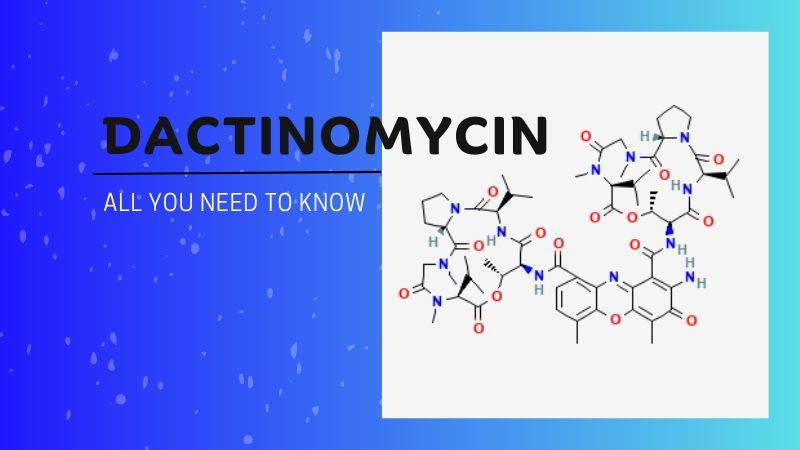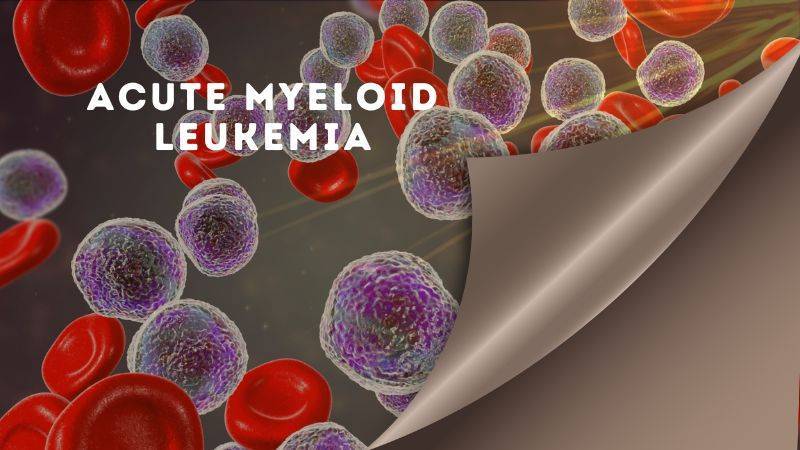Peanut Allergy | Symptoms | Causes | In Children | In Adults | Complications | Diagnosis | Treatment | Prevention | Foods To Avoid |
Overview
More and more people are experiencing food allergies, with about 10% of adults and 8% of children in the United States being affected. Severe allergic reactions are also becoming more common. Peanut allergy is a particular concern.
Unlike other food allergies that often go away as children grow up, peanut allergies usually persist throughout a person’s life. This means there is a higher risk of a serious reaction occurring at some point.
In recent years, there has been a 21% increase in peanut allergies among U.S. children since 2010. The American College of Allergy, Asthma & Immunology estimates that almost 2.5% of American children may have a peanut allergy.
What is Peanut Allergy

When someone with a peanut allergy comes into contact with peanuts, the proteins in peanuts interact with specific antibodies in their immune system, causing a reaction. These reactions can range from mild to very severe.
Peanuts belong to the legume family, which includes beans, peas, lentils, and soybeans. Having a peanut allergy doesn’t necessarily mean being allergic to other legumes, but there can be an allergy to lupine, a legume used in vegan cooking, in individuals with a peanut allergy.
Peanut allergies affect around 2 percent of children, and many of them will carry this allergy into adulthood.
Symptoms of Peanut Allergy

When someone has a peanut allergy, they may experience various symptoms. These can be mild, like skin rashes and stomach pain, or more severe, like anaphylaxis or cardiac arrest.
Other symptoms may include:
- Sneezing
- A stuffy or runny nose
- Itchy or watery eyes
- Swelling
- Stomach cramps
- Diarrhea
- Feeling dizzy or faint
- Nausea or vomiting
Causes of Peanut Allergy
The exact reason why some individuals develop peanut allergies is not fully understood. However, there are several factors that are believed to contribute to the development of this allergy:
- Genetic Factors: There is evidence to suggest that genetics plays a role in the development of peanut allergies. People with a family history of allergies, including peanut allergies, are more likely to develop them themselves.
- Immune System Development: The immune system is responsible for distinguishing between harmful and harmless substances. In individuals with peanut allergies, their immune system may mistakenly identify peanut proteins as harmful, leading to an allergic reaction. The development and regulation of the immune system during early childhood may play a role in the development of allergies.
- Early Exposure: Some studies suggest that early and frequent exposure to peanuts or peanut proteins, particularly during infancy, may increase the risk of developing peanut allergies. However, recent research has shown that introducing peanuts to infants at a young age, under proper medical guidance, may actually help reduce the risk of developing peanut allergies.
- Environmental Factors: Environmental factors, such as exposure to certain allergens or pollutants, may contribute to the development of peanut allergies. However, more research is needed to fully understand the relationship between environmental factors and the development of allergies.
It is important to note that peanut allergies can range from mild to severe, and even small amounts of peanuts or peanut-derived products can trigger an allergic reaction in susceptible individuals.
If you suspect a peanut allergy, it is important to consult with a healthcare professional for proper diagnosis, guidance, and management of the condition.
How do Peanut Allergies Affect Children

Peanut allergies can have a significant impact on children. The prevalence of peanut allergies in children has increased over the years.
Between 1997 and 2008, the number of children with peanut allergies more than tripled, rising from 0.4 percent to 1.4 percent. The average age for diagnosing peanut allergies is around 18 months.
Studies have shown that children born after 2000 were exposed to peanuts at a younger age compared to those born earlier. The average age of initial exposure to peanuts decreased from 22 months to 12 months in just five years.
Due to the potentially life-threatening nature of peanut allergies, experts recommend that parents delay introducing peanuts to their children until they are older.
This way, any allergic reactions that may occur can be better managed. It’s also worth noting that 82 percent of children with peanut allergies also have atopic dermatitis, which suggests that both conditions may share similar triggers, including environmental and genetic factors.
How do Peanut Allergies Affect Adults
Peanut allergies can have a significant impact on adults, and the risk of experiencing a severe allergic reaction is higher compared to children.
Young adults, in particular, are at a greater risk of severe anaphylaxis, as highlighted by statistics from the nonprofit organization Food Allergy Research & Education.
Complications Associated with peanut Allergy
Peanut allergy is the most common type of food allergy, and it carries a higher risk of anaphylaxis. Anaphylaxis is a severe allergic reaction that can cause various symptoms, including:
- Stomach pain
- Hives
- Swelling of the lips, tongue, or throat
- Respiratory problems, like difficulty breathing and wheezing
In severe cases, there is a possibility of coronary artery spasms that could lead to a heart attack. However, these severe cases are extremely rare.
How to Diagnose You Are Allergic

To diagnose peanut allergies, there are different tests that can be done. These tests include a skin prick test, a blood test, or an oral food challenge.
During a skin prick test, a small amount of peanut extract is placed on your skin, and then your doctor will prick or scratch the area to see if there is a reaction.
A blood test involves taking a blood sample to check for specific antibodies that indicate an allergic response to peanuts.
An oral food challenge is done under medical supervision. You will be given small amounts of peanuts to eat, and the doctor will monitor you closely to see if any allergic reactions occur.
These tests can be performed by either your primary care doctor or an allergist, who specializes in diagnosing and treating allergies.
Treatment

Severe allergic reactions to peanuts require immediate medical attention.
For individuals at risk of anaphylaxis, it is important to carry an epinephrine auto-injector, such as EpiPen or Adrenalick, at all times in case of an emergency. In 2016, Mylan introduced an authorized generic version of the EpiPen.
For milder allergic reactions, over-the-counter antihistamines can be helpful in reducing symptoms like itching or hives.
However, they may not alleviate respiratory or gastrointestinal symptoms. It is crucial to work with your doctor to develop a food allergy emergency plan and understand the appropriate steps to take in treating a reaction, whether it is mild or severe.
Preventions
Based on recommendations from experts and health organizations, there are several steps that can be taken to help prevent peanut allergies:
- During pregnancy and lactation, there is no need for women to avoid peanuts from their diet. Studies have not found a link between a mother’s peanut consumption and the development of peanut allergies in their children.
- The United Kingdom’s Department of Health advises parents to avoid introducing peanuts to their child’s diet for the first six months of life. However, they recommend breastfeeding children for at least the first six months.
- Children with a family history of peanut allergies should consult with a healthcare provider before introducing peanuts to their diet. This ensures proper guidance and monitoring.
- The American Academy of Pediatrics (AAP) has endorsed guidelines suggesting that children at a high risk of developing peanut allergies should be introduced to peanuts early. It is recommended to introduce foods containing peanuts to their diet between 4 to 6 months of age.
Following these guidelines can help reduce the risk of developing peanut allergies, but it’s important to consult with healthcare professionals for personalized advice based on individual circumstances.
Foods To Avoid

If you have a peanut allergy, it’s important to be cautious and avoid foods that may contain peanuts or peanut-related ingredients.
It’s also important to note that individuals with peanut allergies may also have allergies to tree nuts like walnuts, almonds, Brazil nuts, cashews, and pecans.
Here are some foods to avoid or be cautious of:
- African, Asian, and Mexican foods may use peanuts or peanut sauces.
- Cereal and granola products that may contain peanuts or peanut traces.
- Other nut butters, such as those made from soy nuts or sunflower seeds, as they may have cross-contamination.
- Be cautious of pet food, as some may contain peanuts or peanut products.
- Read labels carefully on packaged foods, including salad dressings, as peanuts may be hidden ingredients.
- Sweets like candy, cookies, and ice cream should be checked for peanut ingredients.
It’s important to work closely with your doctor to create a personalized plan for avoiding exposure to peanuts and treating any potential allergic reactions.
Taking precautions, reading labels, and being aware of potential cross-contamination can help you stay safe.
Take care of yourself!
Also Read






